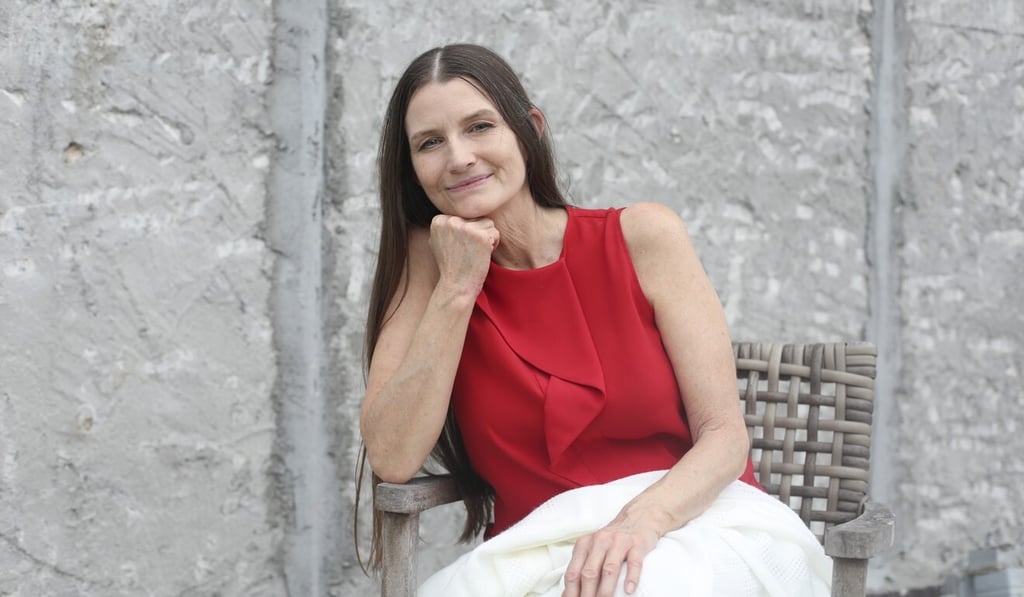The Naked Truth | How belief can be empowering or limiting, and how you can use it to change your sex life, behaviour and attitude
- Positive beliefs are empowering and can shape your behaviour, motivation, attitudes and sex life
- Beliefs can also be negative and limiting, and these should be avoided or changed, says a relationship expert

Some believe we have the power to use our beliefs to shape our reality, and this in turn means that we can think our way to bettering ourselves and our lives.
If our beliefs can affect our attitudes and behaviours, then it is pertinent that we maintain positive beliefs, especially in a world that is so heavily influenced by outside factors that are often out of our control.
And on a personal level, our beliefs can help shape our behaviour and in turn benefit our romantic relationships and even our sex life.
First, we have to understand that a belief is an idea that we hold as being true and that it can come from different sources such as our own experiences, our acceptance of cultural and societal norms and what others tell us. When we accept such information as truth, we then incorporate it into our individual belief system.

Michelle Harris, a personal, relationship and couples’ empowerment guide, and energy healing specialist, aptly describes beliefs as our personal barometer. “They have a huge impact on our sense of survival. We use our beliefs to keep us safe. That is why we generally try to preserve our beliefs after they are formed and guard them carefully, as we assume they are fact,” she says.
